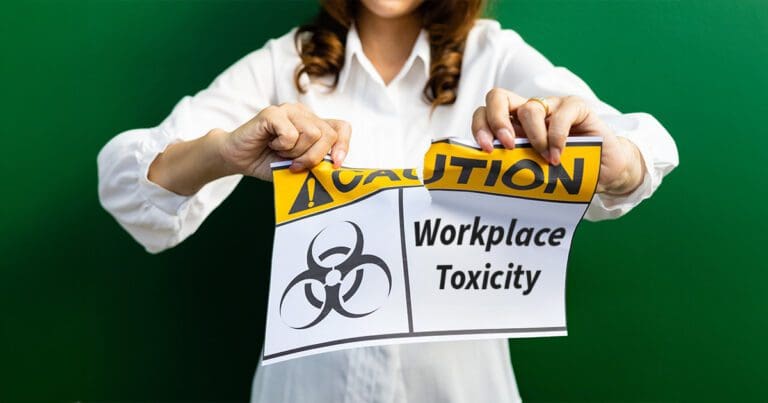Popular discourse has transformed the perceptions of many behaviors that are typically seen as positive to being considered toxic. Being positive, for example, is usually considered an asset. Gratitude is often seen as a powerful way to lift and heal our spirit. Empathy is typically valued as a powerful way to connect with and support each other.
Nevertheless, each of these actions has been described in one context or another as being toxic. Consider:
- Toxic positivity: Refusal to be anything but positive, regardless of circumstances; it may even imply criticism of anyone who does not share the same attitude.
- Toxic gratitude: Being grateful to the point of accepting less-than-acceptable circumstances and lacking desire to change what could be improved.
- Toxic empathy: Becoming so enmeshed in the circumstances and challenges of others that one loses a sense of themselves and is unable to separate one’s emotions from others’.
Of course, the implication here is obvious. When taken to an extreme, even positive attributes can become problematic—to the point of even being harmful. On the other hand, too little positivity, gratitude, empathy, and other actions and interactions can also be harmful and hurtful. We need to strive for balance and for boundaries that ensure their benefits while avoiding potential problems and pitfalls.
Meanwhile, psychologists caution against the quickness with which we label behaviors as being toxic. A recent Psychology Today article notes that it is human nature for us to be more attuned to negative cues, such as threats and danger, in our environment than we are to positive cues, such as rewards and success. The result is that we can become preoccupied with negativity, to the extent that it interferes with our thoughts, moods, actions, and interactions.
When we connect positive actions and attributes with negative ideas such as toxicity, we risk avoiding engagement in what should be healthy, happiness-generating activities. We need to be careful to reserve such descriptions for extreme instances and behavior. Labeling behavior as toxic or any other equally negative description needs to be done with care and restraint.
Consider the behavior most frequently referred to as being toxic: positivity. Choosing to be positive, to see the positive side of situations, and looking for opportunities in difficult circumstances can be an important contributor to happiness, contentment, and success. Positivity can be a powerful antidote to stress, anxiety, and depression when it is not carried to extremes.
We need to be careful to honor and respect behaviors like positivity, gratefulness, empathy, and others. In a world of challenges and uncertainty, we can ill-afford to denigrate and shun what can protect our mental health and make our lives more fulfilling. We just need to be aware of the importance of boundaries and balance while embracing the benefits.
Travers, M. (2021, February 23). Why “toxic positivity” is a dangerous idea. Psychology Today.



